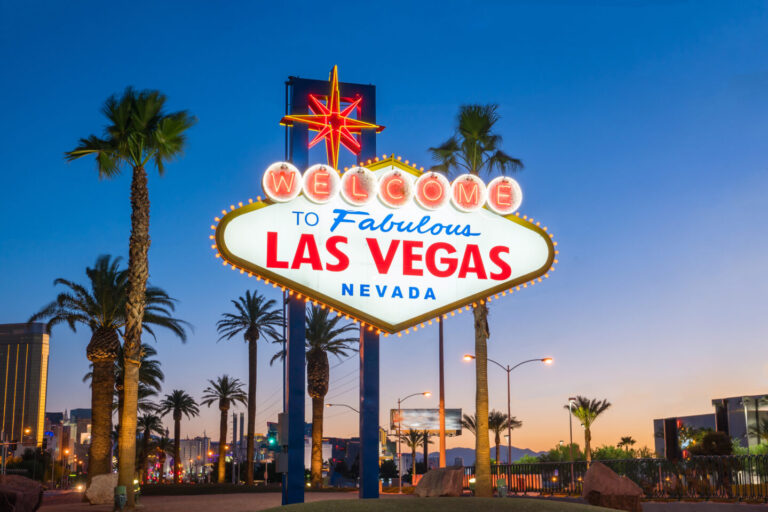Cannabis advocates and business owners in Las Vegas are calling on city leaders to ease distance requirements between weed businesses, saying the move would foster the development of a cannabis district similar to Amsterdam. At a meeting of the Las Vegas City Council on Wednesday, entrepreneurs also called for a reduction in the fees for cannabis business licenses, arguing that the high costs are an unreasonable “roadblock” to starting a new enterprise.
The city council was considering a proposed ordinance to regulate cannabis consumption lounges, which are businesses that offer cannabis for patrons to purchase and consume on the premises. In September, the council cleared the way for cannabis lounges to open in Las Vegas with a 5-1 vote against a motion that would have prevented the businesses from opening in the city.
At Wednesday’s meeting, several cannabis industry advocates and business leaders addressed the council, telling members that regulations that require licensed cannabis businesses to be located at least 1,000 feet away from each other make it difficult for entrepreneurs to secure a compliant property.
“It is absolutely unreasonable to make somebody walk more than three football fields to the next bar, restaurant, shops or casinos,” Tina Ulman, president and founder of the Chamber of Cannabis, said at the city council meeting on Wednesday. “Why would we ever want them to do that for consumption venues?”
Five licensed cannabis dispensaries in Las Vegas have plans to open cannabis consumption lounges as part of their businesses. Another 10 businesses are expected to operate consumption lounges independent of a dispensary, including seven social equity applicants who were negatively impacted by marijuana prohibition prior to the legalization of cannabis in Nevada in 2016.
The proposed ordinance allows the city to waive the distance requirement between consumption lounges, although not in some parts of the city including the Symphony Park District, the Las Vegas Medical District or the casino-resort district.
Dani Baranowski, vice president of the industry group Chamber of Cannabis, said that the distance requirement forces applicants to “find expensive, out of the way, and non-profitable locations that will be hard pressed to get business.”
Business leaders told the city council that if the distance requirements are eliminated or relaxed, the downtown Arts District could become a “New Amsterdam,” serving as a destination for cannabis tourism that could draw visitors from around the world. They also noted that allowing consumption lounges and other cannabis businesses to locate closer together would encourage walking and eliminate the temptation to drive while high, benefitting public safety.
“The proposed measures have established unnecessary and harmful distance restrictions between lounges and excessively high licensing fees compared to other businesses,” said Chandler Cooks, who has been awarded a provisional social equity consumption lounge license.
Business Leaders Call For Lower Licensing Fees in Las Vegas
Other business owners agreed with Cooks and called for a reduction in license fees for cannabis consumption lounges. The proposed ordinance includes a one-time business license fee of $10,000, with social equity applicants paying a reduced fee of $2,500. Lounges will also be required to pay additional semiannual license fees based on their earnings.
“Adding these high fees will only add to the insane amount of capital they have to raise” to start their businesses, said Ulman.
Baranowski said that the high licensing fees could put up “further roadblocks” to success and discourage applicants who are having trouble raising the capital needed to get their businesses up and running. Paul Murad, president of Metroplex Group, a real estate company that owns businesses in the Arts District, said that he is looking forward to working with the city council on a number of issues relevant to cannabis businesses, including reducing the costs of business licenses.
“We’re asking for the licensing fees and ongoing license fees to be significantly reduced,” said Murad. “So they’re on par with other businesses … They need to be at the same level, not excessive just because they happen to be cannabis.”
After hearing from the business leaders, the city council postponed a vote on the proposed cannabis consumption lounge ordinance and rescheduled the agenda item for its meeting on March 1. Business leaders said they hoped to use the next two weeks to work with the city council to draft an ordinance that Murad said could set up Las Vegas as “a role model for other municipalities to follow.”
